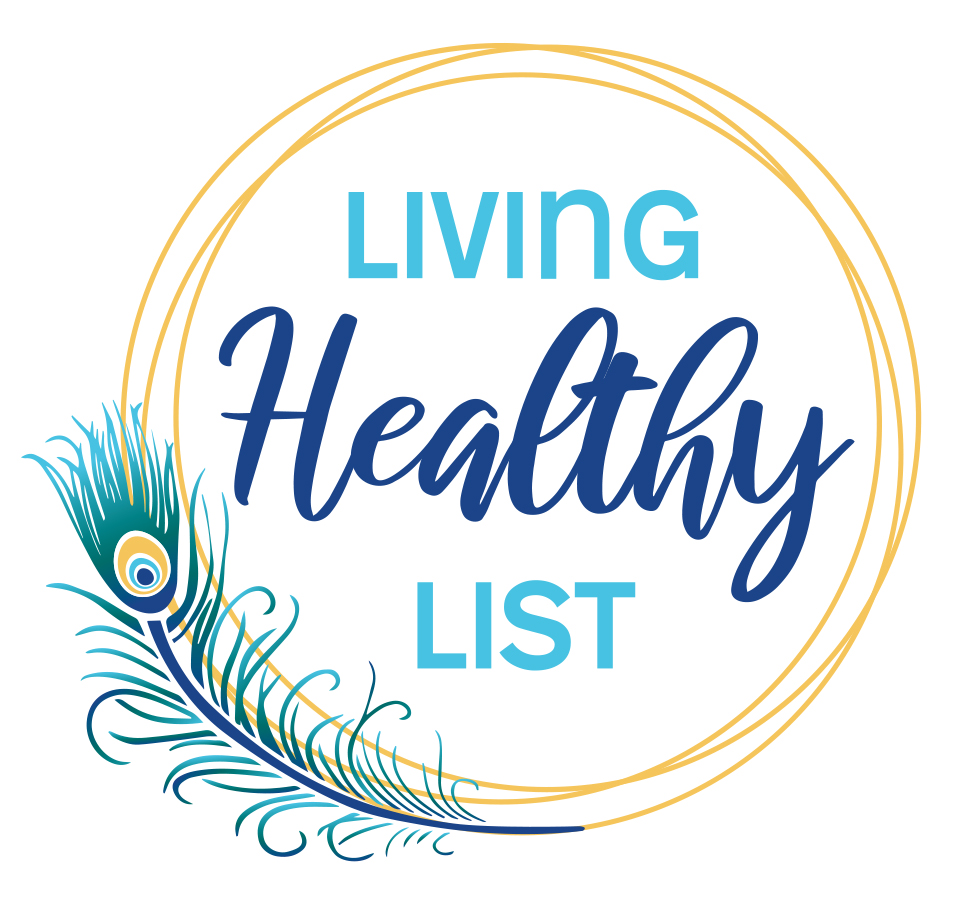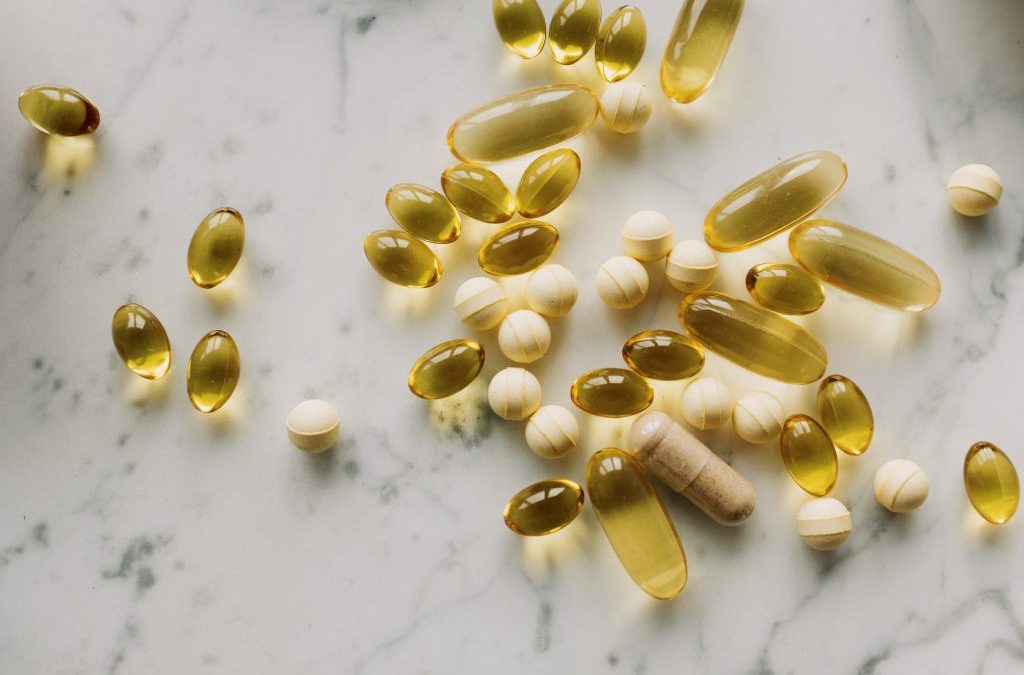A Case Taking a Daily Multivitamin
Did you know that the World Health Organisation estimates that more than 2 billion people worldwide are deficient in the vitamins and minerals essential for health?
Granted, the majority of these 2 billion people live in developing countries. However, this nutrient deficiency or micronutrient malnutrition (MNM) is also widespread in industrialized countries. That would be us in the US, Canada, and Australia among others.
Studies show that 77 percent of men in the United States are low in magnesium, many are deficient in vitamin D and vitamin B12. Regular use of antacids for heartburn is associated with low levels of B12.
In Australia low levels of calcium, iron, vitamin b6, and magnesium are common. Additionally, vitamin D deficiency affects just under 1 in 4 Australians.
The United States and Australia are wealthy countries so why are we experiencing nutrient deficiencies?
In wealthier countries, higher incomes, greater access to a wider variety of micronutrient-rich and fortified foods, and better health services are all factors that should lower the risk and prevalence of deficiency.
What are we missing?
Eating a diet that contains a high proportion of energy-dense ( high in calories) but micronutrient-poor, processed foods increases the risk of MNM. Offen referred to as the “hidden hunger” these deficiencies represent a health challenge more common in the western world than was previously thought.
In fact, A 2017 study by CSIRO found that four out of five Australian adults were not getting the recommended amount of fruits and vegetables.
Just 1 in 10 adults in the United States meets the federal fruit or vegetable recommendations, according to a study published in CDC’s Morbidity and Mortality Weekly Report (MMWR).
Digestive diseases associated with leaky gut such as IBS or celiac disease are also a problem. These diseases (conditions) cause malabsorption of nutrients which over time is a contributing factor to MNM.
Health issues associated with mild nutrient deficiencies
- low energy
- compromised immune function
- cognitive symptoms
- reduced ability to deal with stress
If neglected all of these can lead to decreased health and wellbeing. A high-quality multivitamin and mineral, whilst not a replacement for a healthy diet, may help rectify some of these deficiencies.
Additional Challenges
It is no secret that men in modern society are under more pressure than ever before. Personal finances, family issues, and personal health are the top 3 causes of stress with the novel Coronavirus compounding that stress.
In these uncertain times, personal health may become even more difficult and stressful to maintain.
Good quality food in a diverse diet is hard to achieve on a regular basis at the best of times, let alone in 2020. Yet the health benefits are obvious. A well-balanced diet gives you the
- the energy you need to keep active throughout the day
- promotes growth and repair
- helps you to stay strong and
- prevents other diet-related illnesses
Some data suggest that 90 percent of men fall short in one or more of the 16 essential vitamins and minerals at some stage of their lives. Therefore, it is obvious that a typical western diet may not be enough to provide all the required nutrients for optimal health.
You Should Take a Multivitamin
With this in mind, more of us are turning to dietary supplements specifically multivitamins to fill the nutrient gap. This is not to say multivitamins should replace a good diet. They can, however, help when you don’t have the ability to eat the recommended 5-6 servings of veggies per day and 2 servings of fruit.
It is important to be aware that all multivitamins are not the same. Many contain all synthetic vitamins and minerals as well as b-vitamins in their inactive forms.
Multivitamins that have naturally-sourced vitamins, minerals, and activated B-vitamins are more bioavailable in your body. This means that nutrients are better absorbed and utilized and are less likely eliminated when you go to the bathroom.
Whole Earth & Sea® has developed both a Men’s Multi and a Woman Multi formula that is a non-GMO, broad-spectrum supplement with food-sourced nutrients to achieve optimal bioavailability. We make this Multi from the highest quality organic ingredients. These powerful multivitamins are sourced from plants such as amla, lichen, algae, kelp, natto, garlic, tomato, and sunflower. You get a full range of nutrients and activated b vitamins that you need.
BIO: Shauna Anderson BSc. Adv Dip Nat. Naturopath & Whole Earth & Sea Expert.


